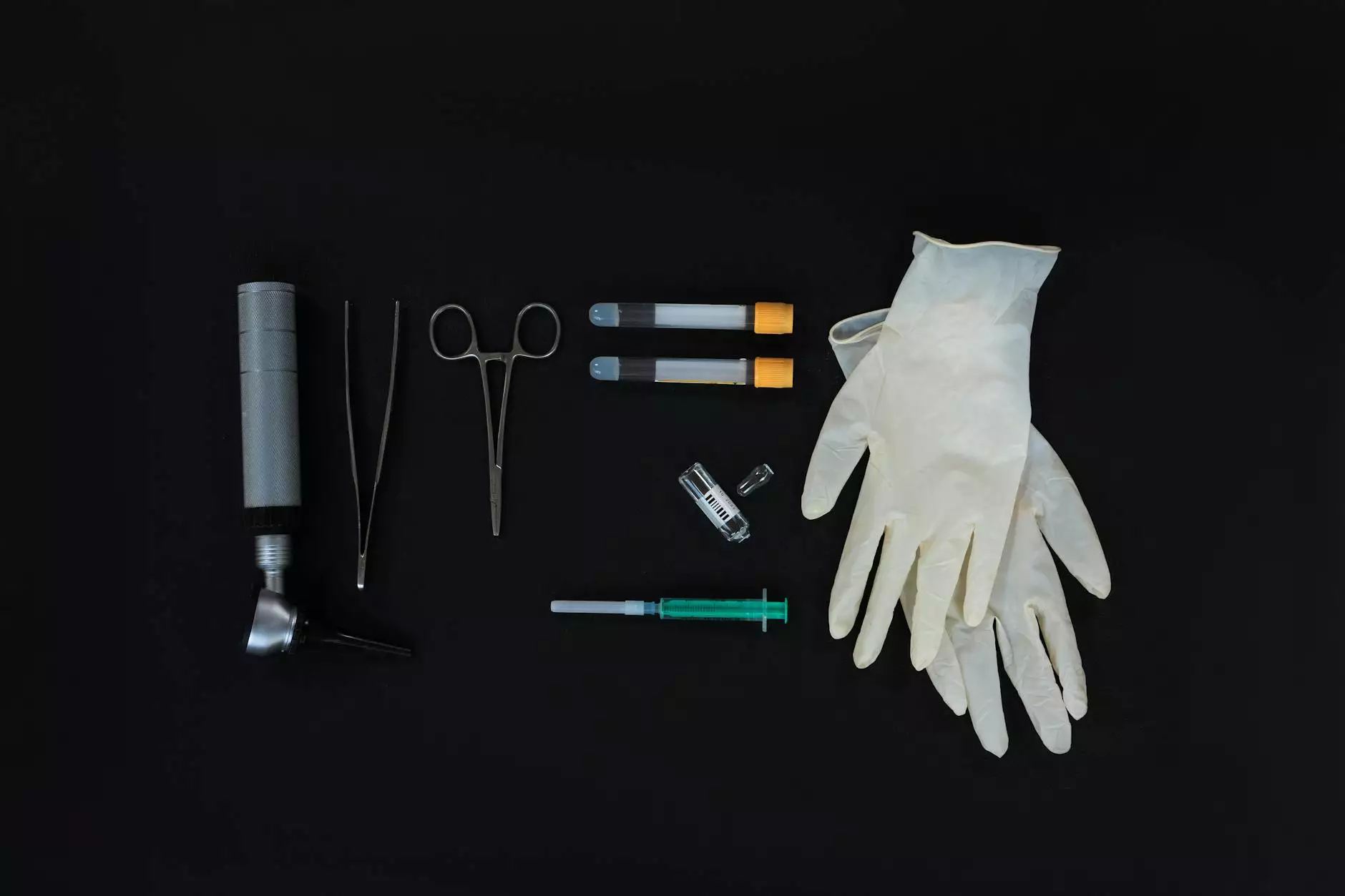Pills for Horses: A Comprehensive Guide to Equine Health

Pills for horses are a critical aspect of equine health care, ensuring our equine companions receive the proper treatment they need to thrive. This guide will delve into the various types of medications available, their uses, and how responsible horse owners can effectively manage their horses’ health with the right pharmaceuticals.
Understanding Equine Health and Medications
To properly care for a horse, it's essential to understand some fundamental principles of equine health. Like humans, horses can suffer from a variety of ailments, making pills for horses an invaluable resource in veterinary medicine.
The Role of Veterinarians in Equine Health
Veterinarians play a crucial role in diagnosing and treating health issues in horses. They understand the complexities of equine physiology and can prescribe various forms of medications, including pills, to address specific health concerns. Regular check-ups with a veterinarian ensure any issues are identified early and treated promptly.
Common Reasons Horses May Need Pills
- Infections: Bacterial or viral infections can lead to severe health issues.
- Inflammation: Conditions like arthritis require anti-inflammatory medications.
- Parasites: Deworming pills help control internal parasites.
- Digestive Issues: Medications may be prescribed for colic or other digestive disorders.
Types of Pills for Horses
There are several categories of pills that are commonly used in equine medicine:
1. Antibiotics
Antibiotics are essential in treating bacterial infections in horses. Common types include:
- Penicillin: Often used for various infections.
- Tetracycline: Effective for respiratory infections.
2. Anti-Inflammatories
These medications help to reduce inflammation and relieve pain, critical for recovery from injuries or chronic conditions. Examples include:
- Phenylbutazone: Commonly referred to as "bute," used for pain relief.
- Flunixin Megumine: Often used for colic pain.
3. Dewormers
Deworming pills are essential for maintaining a horse's internal parasite control. Common medications include:
- Ivermectin: Broad-spectrum dewormer.
- Fenbendazole: Effective against various types of worms.
4. Gastrointestinal Medications
For horses with digestive issues, certain medications can improve gastrointestinal health:
- Omeprazole: Reduces stomach acid production, often used for ulcers.
- Sucralfate: Protects the gastrointestinal lining.
How to Administer Pills to Horses
Administering pills for horses can be a challenging task, but with the right techniques, it can be done effectively:
1. Pill Pockets and Treats
Using a soft treat or pill pocket can make the process easier. Horses are more likely to take their medication if it's hidden in something flavorful.
2. Direct Administration
For medications that cannot be disguised, direct administration may be necessary:
- Hold the horse's head steady.
- Open the horse's mouth by gently pressing on the lower jaw.
- Place the pill at the back of the tongue.
- Close the mouth and stroke the horse's throat to encourage swallowing.
Maintaining Your Horse's Wellbeing
Beyond medications, a comprehensive approach to your horse’s health is vital:
- Regular Vet Check-ups: Schedule appointments every six months.
- Proper Nutrition: Ensure your horse's diet meets their nutritional needs.
- Exercise: Regular physical activity helps maintain muscle tone and overall health.
- Hygiene: Keep the horse's living quarters clean to prevent disease.
The Importance of Timely Medication
Administering medications like pills for horses on time is essential. Delay in treatment can exacerbate health issues or prolong recovery times. Be organized and maintain a schedule for administering medications, and make use of reminders to ensure no doses are missed.
Consulting with Your Veterinarian
Always consult with a veterinarian before starting any medication regimen. They can provide tailored advice for your horse's specific needs and help you understand the potential side effects and interactions with other medications.
Finding Quality Pills for Horses
Not all medications are created equal. When sourcing pills for horses, consider the following:
- Reputable Suppliers: Purchase from trusted veterinarians or licensed pharmacies.
- Expiry Dates: Always check the expiration date to ensure medication potency.
- Storage Conditions: Follow instructions on how to store medications to maintain their effectiveness.
Final Thoughts: Prioritizing Your Horse’s Health
In conclusion, understanding the significance of pills for horses and their role in equine health is crucial for all horse owners. By working closely with veterinarians and ensuring consistent care, we can significantly enhance the quality of life for our beloved equine companions. Regular assessments, timely medication administration, and a holistic approach to their health will not only improve recovery times but also prevent numerous health issues from arising in the first place.
About Blue Pearls Medicine
At Blue Pearls Medicine, we are committed to providing quality pet services that enhance the lives of pets. Our focus remains on offering comprehensive veterinary care and ensuring each animal's needs are met through diligent medical practices. By incorporating the latest advancements in veterinary care, we seek to provide a brighter and healthier future for all equine and pet companions.
Contact Us
For more information on pills for horses or our other pet services, please contact us today. Our dedicated staff is here to help with any questions you may have about maintaining your pet's health.








